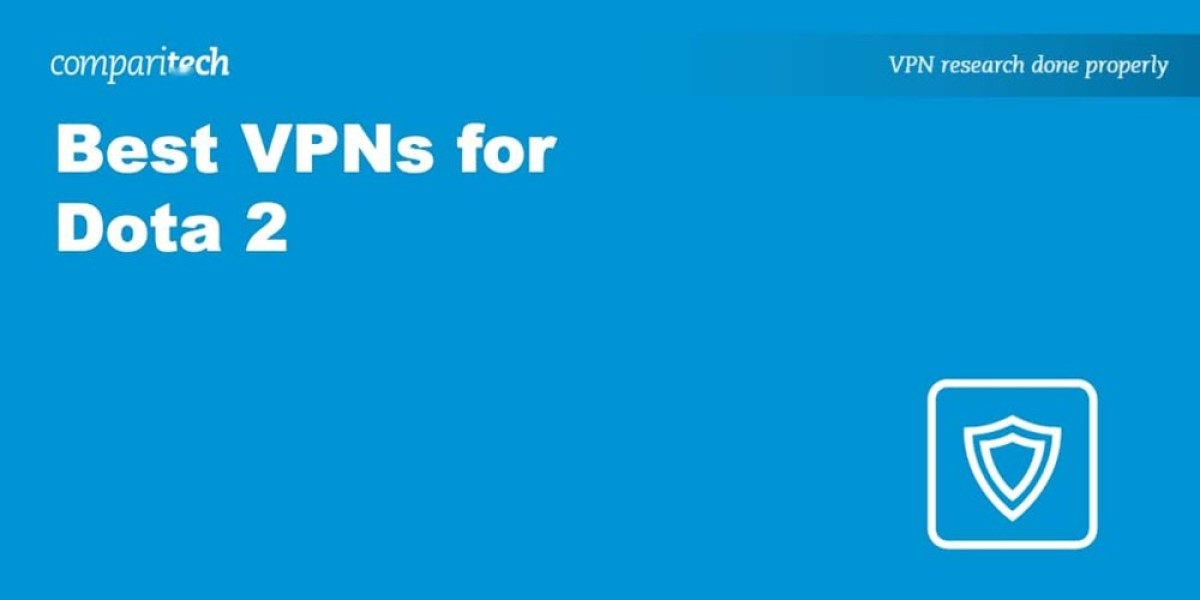In today’s digital-first healthcare environment, mobile apps are revolutionizing how providers, patients, and administrators interact. From appointment booking to remote monitoring, healthcare apps are driving convenience, accessibility, and improved outcomes. But before you rush into hiring a healthcare app development company, there are a few essential preparations you need to make.
This checklist will guide you through everything you must have ready—technically, strategically, and legally—before partnering with a healthcare app development company to bring your vision to life.
1. Define Your App’s Purpose Clearly
Before any code is written or meetings are scheduled, you must have a crystal-clear understanding of what you want your healthcare app to do. Ask yourself:
Is your app for patient use, doctors, or administrative staff?
Is it meant to improve internal workflow, enhance patient experience, or serve as a telemedicine platform?
Will it include features like appointment scheduling, prescription tracking, health data storage, or video consultations?
Checklist Item:
☐ Write a one-paragraph summary that explains the app’s main objective, target users, and how it will solve a healthcare-related problem.
2. Know Your Target Audience
The success of any app depends heavily on how well it serves its intended audience. In healthcare, your users could include:
Patients with chronic conditions
General public for health tracking
Healthcare professionals and staff
Hospital administrators
Insurance providers
Understanding your audience helps the healthcare app development company create an intuitive UI/UX design and user journey that speaks directly to your end-users.
Checklist Item:
☐ Create user personas for each type of app user, including demographics, pain points, goals, and device preferences.
3. Map Out the Must-Have Features
Once you know your audience and your app’s purpose, the next step is to list the features your app needs. Don't overdo it initially—focus on the core features required for your MVP (Minimum Viable Product).
Common features in healthcare apps include:
Secure login/registration
Appointment scheduling
E-prescriptions
Chat or video consultation
Health data storage (EMR/EHR)
Push notifications
Payment processing
Integration with wearables or IoT devices
Checklist Item:
☐ List out the must-have and nice-to-have features with a clear priority level (High/Medium/Low).
4. Set a Realistic Budget and Timeline
You may have big plans, but your available resources will guide how much you can actually build right now. Before hiring a healthcare app development company, set a realistic budget and timeline.
Factors affecting budget include:
Complexity of features
Platform (iOS, Android, both)
Backend integrations (with hospitals, EHRs, payment gateways)
Design customization
Maintenance and support
Checklist Item:
☐ Define your budget range and expected deadline for MVP launch and full release.
5. Understand Compliance and Regulatory Requirements
Healthcare apps are not just regular apps. They must comply with industry-specific regulations to ensure patient safety and data privacy.
Some key regulations include:
HIPAA (U.S.): Health Insurance Portability and Accountability Act
GDPR (Europe): General Data Protection Regulation
HITECH Act (U.S.): Health Information Technology for Economic and Clinical Health
FDA Approval (for certain medical apps)
A reliable healthcare app development company should be familiar with these standards, but you must also have your requirements documented.
Checklist Item:
☐ Research applicable laws and ensure you know what legal frameworks your app must comply with based on your target market.
6. Plan Your Data and Integration Needs
Your app may need to integrate with:
Existing hospital systems (EHR, HIS)
Medical databases
Payment platforms
Insurance verification systems
Third-party APIs (e.g., for telehealth or wearable data)
Data is the lifeblood of healthcare apps. Ensuring secure, real-time access and proper data flow will be key to your app’s functionality.
Checklist Item:
☐ Identify all required integrations and create a basic data flow diagram.
7. Sketch the User Flow or Wireframes
You don’t need to be a designer to visualize how your app should work. Even a rough sketch on paper can help communicate your ideas clearly to the healthcare app development company.
Start with:
App entry point (login/registration)
Main dashboard
Core workflows (e.g., booking an appointment)
Error screens
Settings and profile
Checklist Item:
☐ Create a simple user flow or wireframe outlining key screens and navigation.
8. Plan for Ongoing Support and Scalability
Once your app is launched, the journey doesn’t end. You’ll need updates, bug fixes, and possibly new features as you grow or receive feedback.
Think about:
How often will you update the app?
Do you plan to scale globally?
Will you need cloud hosting or on-premise servers?
Do you need 24/7 technical support?
A good healthcare app development company can offer long-term maintenance plans and support packages.
Checklist Item:
☐ Decide how much post-launch support you’ll need and allocate part of your budget accordingly.
9. Evaluate Internal Readiness
Before bringing in outside help, ensure your internal team is prepared to collaborate. Key roles include:
Product Owner: Who will make final decisions?
Point of Contact: Who will manage communication with the development team?
Healthcare Experts: Are any doctors or nurses involved in giving feedback?
This streamlines decision-making and speeds up development.
Checklist Item:
☐ Assign roles internally and identify your main project decision-makers.
10. Have a Marketing & Launch Plan
No matter how great your app is, it won’t succeed unless people know about it. Before you start development, outline a basic go-to-market strategy.
Consider:
Launch campaigns (social, paid ads, email)
App Store Optimization (ASO)
Beta testers and early adopters
Medical communities or health tech blogs
Press releases or partnerships with hospitals
Your healthcare app development company may help with some of these services or collaborate with your marketing team.
Checklist Item:
☐ Draft a pre-launch and post-launch marketing plan including your target channels and KPIs.
11. Choose the Right Development Engagement Model
When hiring a healthcare app development company, you’ll often have three engagement models:
Fixed Price: Good for projects with a clear scope and deadline.
Time and Material: Ideal when scope may evolve during development.
Dedicated Team: Best for long-term, scalable projects with flexibility.
Each model has pros and cons, so pick one that aligns with your goals, budget, and flexibility.
Checklist Item:
☐ Decide which engagement model fits your project best and communicate that to potential partners.
12. Research and Shortlist Development Partners
Now that you're fully prepared, it's time to look for a healthcare app development company that matches your vision.
Look for companies that:
Have healthcare industry experience
Understand compliance requirements
Offer strong portfolios and case studies
Provide end-to-end services (design, development, QA, deployment)
Have positive client testimonials
Ask for references, request demos, and hold interviews before finalizing your choice.
Checklist Item:
☐ Shortlist 3–5 companies and evaluate them based on expertise, cost, communication, and healthcare-specific knowledge.
Conclusion: Let the Right Partner Empower Your Healthcare App Vision
Hiring a healthcare app development company is a strategic decision that can shape the success or failure of your digital healthcare journey. But with this checklist in hand, you're no longer flying blind. You’re equipped with the clarity, direction, and foundational elements necessary to collaborate with a skilled team and create a secure, user-friendly, and impactful healthcare application.
If you're looking for a trusted partner with proven experience in developing innovative, compliant, and scalable healthcare solutions, Appingine is here to help. With a deep understanding of the healthcare sector and a commitment to excellence, Appingine ensures your app meets both user expectations and industry standards. Let us help you transform your vision into a healthcare app that truly makes a difference.








